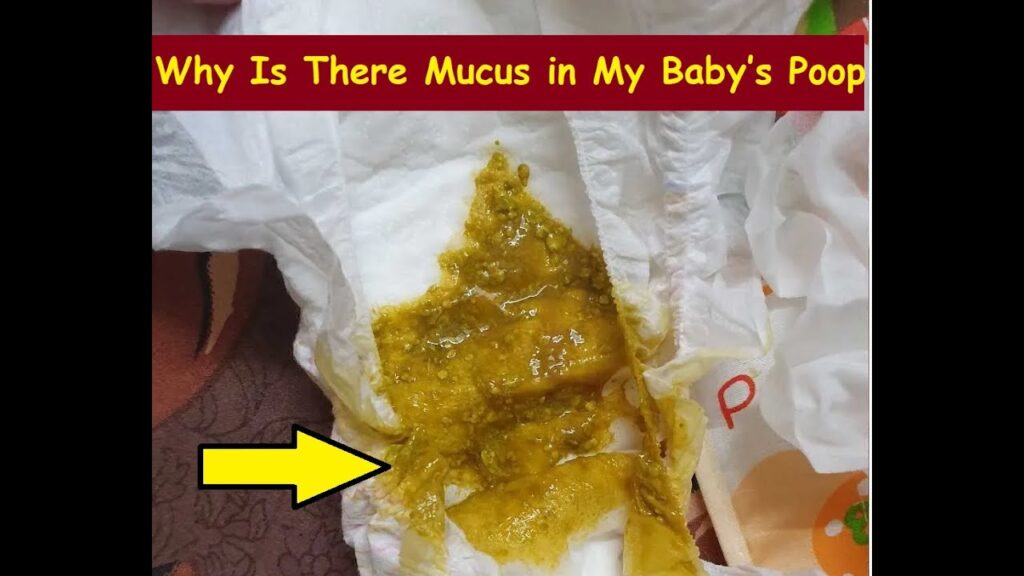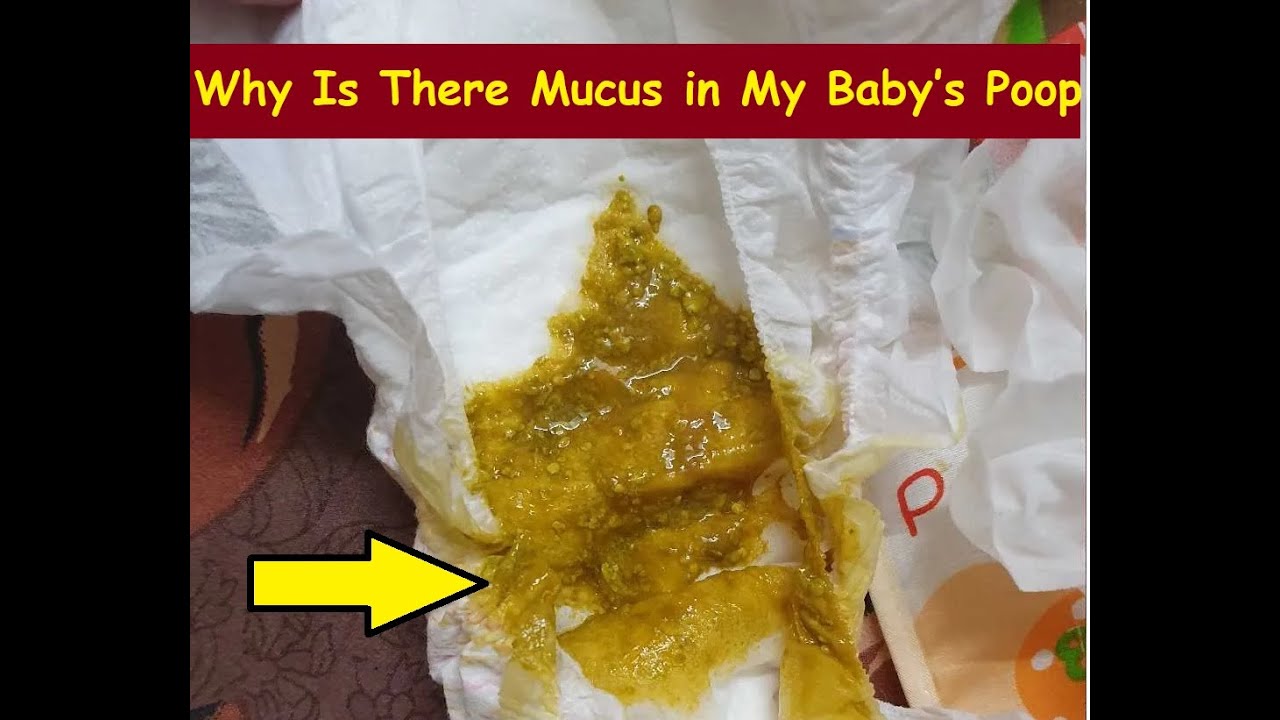
Mucus in Your Poo: Understanding Causes, Concerns, and When to Worry
Finding mucus in your poo can be alarming. You might wonder what it means, what’s causing it, and whether you should be concerned. This comprehensive guide provides an in-depth look at mucus in your stool, exploring the various reasons it appears, what’s considered normal, and when it’s a sign of a more serious underlying condition. Our goal is to equip you with the knowledge and understanding needed to manage your gut health effectively.
What is Mucus and Why is it in Your Poo?
Mucus is a slippery, gel-like substance produced throughout your body, including your digestive tract. Its primary function is to protect and lubricate the lining of your intestines, facilitating the smooth passage of stool. A small amount of mucus in your poo is perfectly normal and usually goes unnoticed. However, an increase in the amount of mucus, or a change in its appearance, can indicate an issue.
The Role of Mucus in Digestion
The intestinal lining is constantly exposed to harsh digestive enzymes and abrasive food particles. Mucus acts as a barrier, shielding the delicate cells from damage. Without sufficient mucus, the intestinal wall can become inflamed and irritated. This protective function is crucial for maintaining a healthy digestive system. It’s constantly being produced and shed, so seeing some is expected.
What Does Normal Mucus in Stool Look Like?
Normal mucus is typically clear or whitish and present in small amounts. You likely won’t even notice it. It’s usually mixed in with the stool. It’s only when the amount increases, or the color changes, that it becomes a cause for concern.
Common Causes of Mucus in Poo
Several factors can lead to an increase in mucus production in the gut, resulting in more noticeable mucus in your poo. These range from mild irritations to more serious inflammatory conditions.
Dietary Factors
Certain foods can irritate the digestive tract, leading to increased mucus production. These include:
- Dairy products: Lactose intolerance can cause inflammation and increased mucus.
- Gluten: Gluten sensitivity or celiac disease can trigger a similar response.
- Spicy foods: These can irritate the gut lining.
- Artificial sweeteners: Some individuals are sensitive to these additives.
Infections
Bacterial, viral, or parasitic infections in the gut can cause inflammation and increased mucus production as the body tries to fight off the infection. Common infections include:
- Gastroenteritis: Often caused by viruses like norovirus or rotavirus.
- Bacterial infections: Such as Salmonella or E. coli.
- Parasitic infections: Like Giardia or Cryptosporidium.
Irritable Bowel Syndrome (IBS)
IBS is a chronic functional gastrointestinal disorder that can cause a variety of symptoms, including abdominal pain, bloating, and changes in bowel habits. Increased mucus in the stool is a common symptom of IBS, particularly in the diarrhea-predominant (IBS-D) subtype. The gut’s reaction to triggers can cause inflammation and mucus production.
Inflammatory Bowel Disease (IBD)
IBD encompasses conditions like Crohn’s disease and ulcerative colitis, which are characterized by chronic inflammation of the digestive tract. This inflammation leads to increased mucus production, often accompanied by blood in the stool, abdominal pain, and diarrhea. IBD requires ongoing medical management.
Anal Fissures and Hemorrhoids
These conditions can cause local irritation and inflammation in the anal area, which can lead to increased mucus production. While the mucus itself isn’t coming from the intestines, it can mix with the stool as it passes through the rectum.
Other Conditions
Less common causes of increased mucus in stool include:
- Cystic fibrosis: This genetic disorder can affect mucus production throughout the body, including the digestive system.
- Bowel obstruction: A blockage in the intestines can lead to a buildup of mucus.
- Colon cancer: In rare cases, mucus in the stool can be a sign of colon cancer.
When Should You Be Concerned About Mucus in Your Poo?
While a small amount of mucus is normal, certain signs and symptoms should prompt you to seek medical attention.
Red Flags: Symptoms to Watch For
- Blood in the stool: This is never normal and requires immediate medical evaluation.
- Severe abdominal pain: Especially if it’s persistent or worsening.
- Unexplained weight loss: This can be a sign of an underlying medical condition.
- Changes in bowel habits: Such as persistent diarrhea or constipation.
- Fever: This could indicate an infection.
- Nausea and vomiting: Especially if persistent.
- Significant increase in mucus: If you notice a dramatic change in the amount of mucus.
- Change in Mucus Color: Especially if it is yellow or green.
The Importance of Seeking Medical Advice
If you experience any of the above symptoms, it’s crucial to consult a doctor. They can perform a physical exam, review your medical history, and order appropriate tests to determine the cause of the mucus in your stool. Early diagnosis and treatment are essential for managing underlying conditions and preventing complications.
Diagnosis and Treatment of Mucus in Stool
Diagnosing the cause of mucus in your poo involves a thorough evaluation by a healthcare professional. Treatment will depend on the underlying cause.
Diagnostic Tests
Common diagnostic tests include:
- Stool tests: To check for infections, parasites, and inflammation.
- Blood tests: To look for signs of inflammation or infection.
- Colonoscopy: A procedure where a flexible tube with a camera is inserted into the colon to visualize the lining and take biopsies if needed.
- Sigmoidoscopy: Similar to a colonoscopy, but only examines the lower part of the colon.
- Imaging tests: Such as CT scans or MRIs, to visualize the digestive tract.
Treatment Options
Treatment options vary depending on the underlying cause:
- Dietary changes: Eliminating trigger foods can help reduce inflammation and mucus production.
- Medications: Antibiotics for bacterial infections, anti-inflammatory drugs for IBD, and medications to manage IBS symptoms.
- Probiotics: These can help restore the balance of bacteria in the gut.
- Surgery: In rare cases, surgery may be necessary to treat conditions like bowel obstruction or colon cancer.
Miralax and its effect on Mucus in Stool
Miralax is a brand name for polyethylene glycol 3350, an osmotic laxative. It works by drawing water into the colon, which softens the stool and makes it easier to pass. While Miralax is primarily used to treat constipation, some people may notice an increase in mucus in their stool while taking it. This is because the increased water content can make the mucus more visible.
How Miralax Affects Mucus Production
Miralax itself doesn’t directly increase mucus production. However, by softening the stool and increasing its volume, it can make existing mucus more noticeable. The increased water content can also dilute the stool, making the mucus appear more prominent.
Is Mucus from Miralax Use Cause for Concern?
In most cases, increased mucus in the stool while taking Miralax is not a cause for concern. It’s usually a temporary side effect that resolves once you stop taking the medication. However, if you experience other symptoms, such as abdominal pain, bloody stool, or severe diarrhea, it’s important to consult a doctor to rule out other potential causes.
Home Remedies and Lifestyle Changes to Manage Mucus in Poo
In addition to medical treatment, several home remedies and lifestyle changes can help manage mucus in your poo.
Dietary Modifications
- Identify and eliminate trigger foods: Keep a food diary to track your symptoms and identify any foods that seem to worsen your mucus production.
- Increase fiber intake: Fiber can help regulate bowel movements and reduce inflammation. Good sources of fiber include fruits, vegetables, and whole grains.
- Stay hydrated: Drinking plenty of water can help keep your stool soft and prevent constipation.
Stress Management
Stress can exacerbate digestive problems, including increased mucus production. Practice stress-reducing techniques such as:
- Meditation: Regular meditation can help calm the mind and reduce stress.
- Yoga: Yoga combines physical postures, breathing exercises, and meditation to promote relaxation.
- Exercise: Regular exercise can help reduce stress and improve overall health.
Probiotics
Probiotics can help restore the balance of bacteria in the gut and reduce inflammation. You can get probiotics from fermented foods like yogurt and sauerkraut, or from probiotic supplements.
Expert Insights on Gut Health and Mucus
Maintaining a healthy gut is essential for overall well-being. Leading experts in gastroenterology emphasize the importance of a balanced diet, regular exercise, and stress management for promoting gut health. According to a 2024 industry report, a growing body of research suggests that the gut microbiome plays a crucial role in immune function, mental health, and even chronic diseases.
Insightful Q&A Section: Mucus in Your Poo
- Q: Is it normal to have mucus in stool after taking antibiotics?
A: Yes, antibiotics can disrupt the natural balance of bacteria in your gut, potentially leading to temporary increases in mucus. This usually resolves after you finish the course of antibiotics.
- Q: Can dehydration cause more mucus in my stool?
A: Dehydration can sometimes make existing mucus appear more concentrated and noticeable, though it doesn’t directly increase mucus production.
- Q: What does yellow mucus in stool indicate?
A: Yellow mucus can sometimes indicate the presence of bilirubin, a component of bile. It may be normal, but persistent yellow mucus, especially with other symptoms, should be checked by a doctor.
- Q: Can anxiety cause mucus in stool?
A: While anxiety itself doesn’t directly cause mucus, stress and anxiety can exacerbate digestive issues like IBS, which can lead to increased mucus.
- Q: Is mucus in stool a sign of colon cancer?
A: Rarely. While mucus *can* be a symptom, it’s more common in other conditions. However, any new or persistent symptoms, especially with blood, should be evaluated.
- Q: Can food allergies cause mucus in stool?
A: Yes, food allergies can trigger inflammation in the gut, leading to increased mucus production. Common culprits include dairy, gluten, and soy.
- Q: What’s the difference between mucus from IBS and mucus from IBD?
A: Mucus from IBS is usually clear or white and not accompanied by blood. Mucus from IBD is often associated with blood, abdominal pain, and diarrhea.
- Q: How can I reduce mucus in my stool naturally?
A: Identifying and avoiding trigger foods, increasing fiber intake, staying hydrated, and managing stress can help reduce mucus naturally.
- Q: When should I see a gastroenterologist about mucus in stool?
A: If you experience persistent or worsening mucus, especially with other symptoms like blood, abdominal pain, or weight loss, consult a gastroenterologist.
- Q: Can probiotics help with mucus in stool?
A: Probiotics can help restore the balance of bacteria in the gut and reduce inflammation, which may help reduce mucus production in some cases.
Conclusion: Managing Mucus in Your Poo for Optimal Gut Health
Finding mucus in your poo can be unsettling, but understanding the potential causes and knowing when to seek medical attention is crucial for maintaining optimal gut health. While a small amount of mucus is normal, significant changes in the amount or appearance should be evaluated by a healthcare professional. Remember, early diagnosis and treatment are essential for managing underlying conditions and preventing complications. Share your experiences with mucus in your poo in the comments below. Explore our advanced guide to gut health for more information.

